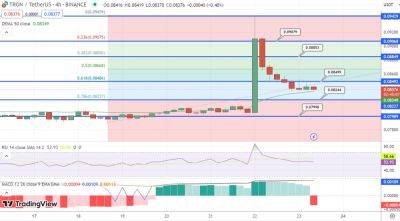FSB finalizes its recommendations for a global crypto framework
The Financial Stability Board (FSB), an international organization that monitors the global financial system, has come up with a global regulatory framework for crypto. The guidelines, recommended to the 20 leading economies of the world (G-20) are crafted upon the principle of “same activity, same risk, same regulation.”
A public note and two separate guideline documents were made public on July 17. The document consists of two sets of recommendations — high-level recommendations for regulating crypto in general, and “revised high-level recommendations” for a “global stablecoin”. The latter means nothing more than any stablecoin, which could be used more than in one jurisdiction.
FSB states that crypto platforms must segregate the client’s digital assets from their own funds and clearly separate their multiple functions to avoid conflict of interest, whereas the regulators must ensure tight cross-border cooperation not to let the platforms evade oversight.
The Board is also quite open about its appreciation of privacy, as it demands local regulators make sure that there is no activity that “may frustrate the identification of the responsible entity or affiliated entities,” pointing to the decentralized finance (DeFi) protocols. As the high-level recommendation number 6 goes:
As for so-called global stablecoins, among standard demands, the FSB emphasizes that any stablecoin issuer should have one or more identifiable and responsible legal entities or individuals — a “governance body.” And, of course, to hold reserve assets in 1:1 minimal proportion, unless the issuer “is subject to adequate prudential requirements”, equivalent to commercial bank standards.
Related: EU commission pushing for world leadership in Web
Read more on cointelegraph.com






















